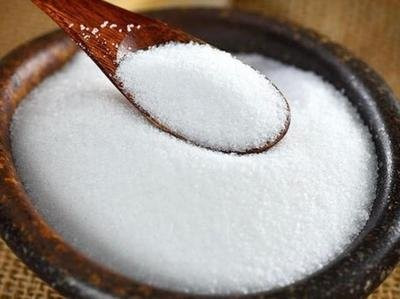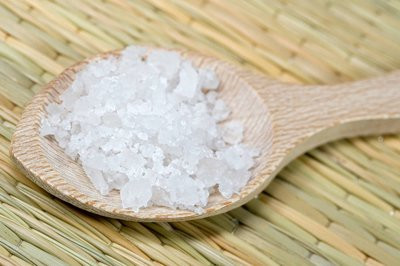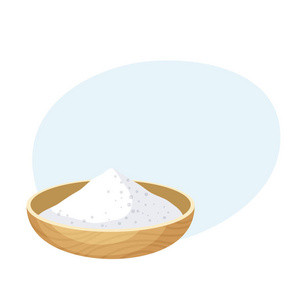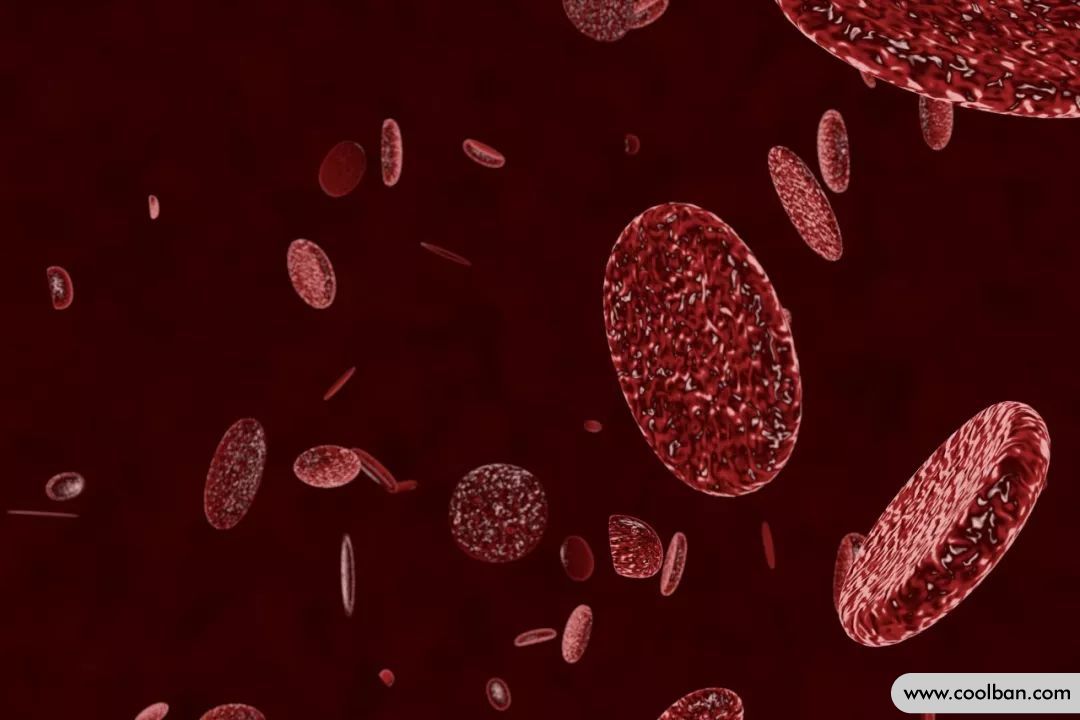Is an excessively low-salt diet good for health?
For middle-aged and elderly people with hypertension, the intake of salt, sugar and fat should be well controlled in the usual diet. High-salt diet is an important cause of high blood pressure, and high blood pressure can easily induce cardiovascular disease. Therefore, various healthy recipes strongly advocate low-salt diets for hypertensive patients. Therefore, many middle-aged and elderly people believe that the lower the salt intake, the better the health.

Is an excessively low-salt diet really good for health?
According to the World Health Organization, the daily intake of salt should not exceed 6 grams. However, it is important to note that excessive salt restriction is not good for your health.
A study published in the internationally renowned medical journal "The Lancet" showed that people with too low salt intake have an increased risk of cardiovascular disease and mortality.

Excessive salt restriction in summer can easily lead to hyponatremia
In summer, the temperature in various places continues to be high, and the number of patients with heat stroke in the hospital is gradually increasing. However, with the prevalence of the concept of low-salt diet, excessive sweating in summer, and patients with hyponatremia due to low-salt diet have quietly increased, which has become one of the common diseases in summer.
Hyponatremia is the most common electrolyte disturbance in clinical practice, which can significantly increase mortality and complicate the course of the disease.
In summer, sweating increases, and the body excretes a large amount of sodium and other electrolytes through sweat. If the salt is not replenished in time, hyponatremia is prone to occur.
If you eat too much low-salt for a long time, the sodium concentration in the blood will be low, and the sodium will be excreted by sweating, so hyponatremia is more likely to occur in summer. Outdoor workers, outdoor exercisers, and the elderly are high-risk groups of hyponatremia in summer, especially the elderly.
So how much sodium does the food we eat contain?
The digestive function of the elderly body gradually declines with age, and their own salt intake is less than that of young people. Some elderly people suffer from high blood pressure and worry that excessive salt intake will aggravate high blood pressure. In addition, the elderly often have various underlying diseases, especially diuretics that are often used in antihypertensive drugs for hypertensive patients. These drugs can reduce blood sodium concentration.
Therefore, the elderly are more prone to hyponatremia in summer and need special attention.

What are the hazards of hyponatremia caused by excessive salt restriction?
Hyponatremia mainly causes manifestations of the motor system, digestive system and nervous system, such as nausea and vomiting, skeletal muscle weakness, increased intracranial pressure, and weakened disorientation reflexes.
Hyponatremia can cause serious harm to patients, and acute hyponatremia can lead to severe brain herniation and even death.
Severe hyponatremia clinically presents symptoms of shock such as cold limbs and a drop in blood pressure.

How to prevent hyponatremia?
During the summer season, you should avoid sweating a lot. For example, you should add light salt water after sweating.
For the elderly, it is necessary to moderately limit salt. It is not good to eat too much salt, and it is not good to eat too little. Blind salt restriction is not only bad for health, but also increases the incidence of diabetes and cardiovascular disease.
For the elderly, it is generally recommended to limit the daily salt intake to 5-6 It is enough to maintain a normal salt intake. If you accidentally exceed the recommended intake once or twice, you don’t have to worry too much. Our body has a strong self-regulation function, and excessive salt will be excreted by the body in time.
